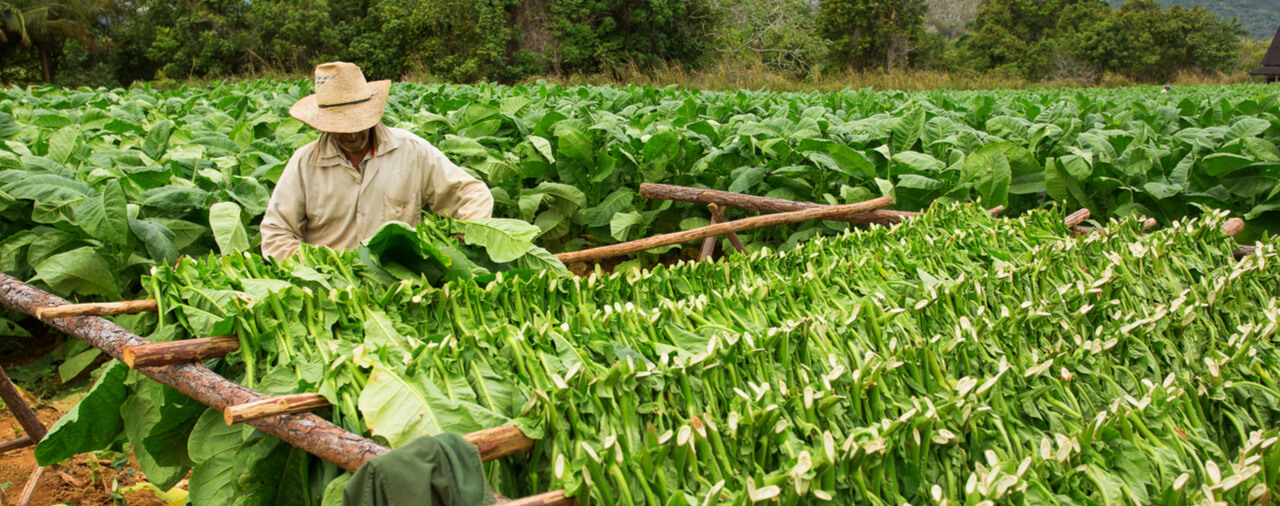On February 4, 2016, the Department of State (DOS), in conjunction with the Department of Homeland Security (DHS) published an interim final rule in the Federal Register [81 FR 5906, 2/4/16] which will require a passport and visa for certain nationals from the Caribbean who are entering the United States in H2A status. This rule will take effect on February 19, 2016.
It will affect British, French, and Netherlands nationals and nationals of Antigua, Barbados, Grenada, Trinidad and Tobago, who have their residence in British, French, or Netherlands territory located in the adjacent islands of the Caribbean area or in Antigua, Barbados, Grenada, Jamaica, or Trinidad and Tobago who are seeking to enter the United States in H2A status or as the derivative of a principal H2A agricultural worker.
Old Regulations
Prior to the new rule, DOS regulations in 22 C.F.R. 41.2(e)(1) stated:
A passport is required. A visa is not required of a British, French, or Netherlands national, or a national of Antigua, Barbados, Grenada, Jamaica, or Trinidad and Tobago, who has residence in British, French, or Netherlands territory located in the adjacent islands of the Caribbean area, or has residence in Antigua, Barbados, Grenada, Jamaica, or Trinidad and Tobago, if the alien:
1. Is proceeding to the United States as an agricultural worker; or
2. Is the beneficiary of a valid, unexpired, indefinite certification granted by the Department of Labor for employment in the Virgin Islands of the United States and is proceeding thereto for employment, or is the spouse or child of such an alien accompanying or following to join the alien.
Parallel DHS regulations in 8 C.F.R. 212.1(b)(1) stated:
A visa is not required of a British, French, or Netherlands national, or of a national of Barbados, Grenada, Jamaica, or Trinidad and Tobago, who has his or her residence in British, French, or Netherlands territory located in the adjacent islands of the Caribbean area, or in Barbados, Grenada, Jamaica, or Trinidad or Tobago who:
(i) Is proceeding to the United States as an agricultural worker (H2A status);
(ii) Is the beneficiary of a valid, unexpired indefinite certification granted by the Department of Labor for employment in the Virgin Islands of the United States and is proceeding to the Virgin Islands of the United States for such purpose, or
(iii) Is the spouse or child of an alien [described above] and is accompanying or following to join him or her.
In its news release announcing the rule change, the DHS explained in a news release that the H2A visa exemption for certain Caribbean agricultural workers was originally created to address labor shortages during World War II [see press release].
New Rules
The Federal Register explains that both the DOS and DHS regulations will be amended to remove the visa exemption for certain Caribbean agricultural workers seeking to enter the United States on H2A status. The DOS offered the following reasons in the Federal Register in explaining the rule change:
The visa exemption provided a “loophole” that was open to exploitation by terrorists or people seeking to enter the United States to engage in other illegal activities or otherwise violate the immigration laws.
The new rule will ensure that all agricultural workers seeking to enter the United States in H2A status are properly screened through the DOS’s H2A visa screening process.
The new rule will help better ensure that Caribbean agricultural workers entering the United States in H2A status will be protected from employment-based and recruitment-based abuses.
Accordingly, it is important to make clear that none of the people affected by the rule change will be ineligible to enter the United States in H2A status provided that all of the H2A requirements are met. The only change for affected Caribbean applicants is that they and any associated derivatives will be required to obtain H2A visas to enter the United States. Employers and agricultural workers who are unsure about the new rules should consult with an experienced immigration attorney.





